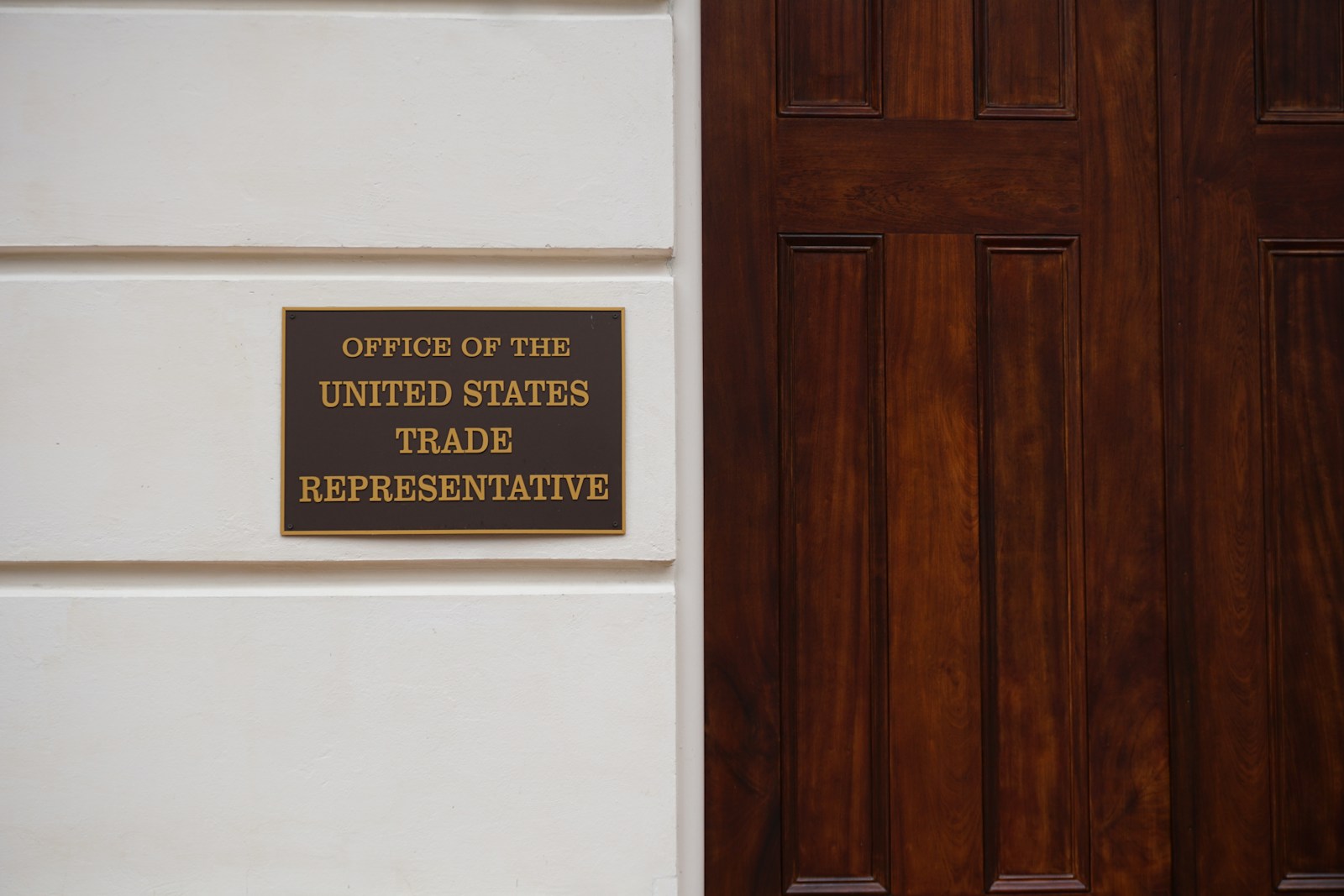The U.S. Trade Representative (USTR) recently announced strategic adjustments to Section 301 tariffs, signaling a clear shift in trade dynamics with China. These revisions, scheduled to take effect over the next few years, have profound implications for various sectors, particularly international trade and logistics.
The planned adjustments to Section 301 tariffs, unveiled by U.S. Trade Representative Katherine Tai, respond to ongoing policy challenges that China’s trade practices pose. Initially introduced to address technology transfer, intellectual property, and innovation issues, these tariffs are being revised to better align with current geopolitical and economic realities.
Key Changes and Sectoral Implications:
- Increased Tariffs on Key Products: The adjustments include noticeable tariff hikes on various products critical to industries, such as electric vehicles, semiconductors, renewable energy, and medical supplies. For instance, tariffs on electric vehicles are set to surge to 100% in 2024, while tariffs on semiconductors will increase to 50% in 2025.
- Impact on Supply Chains: These tariff adjustments will likely disrupt global supply chains, affecting manufacturers, suppliers, and logistics providers. Companies heavily reliant on imports from China may face increased costs, logistical challenges, and supply chain uncertainties.
- Reaching Regulatory Compliance: With the evolving tariff landscape, businesses must stay informed about regulatory changes, compliance requirements, and potential exemptions. Dealing with these complexities requires proactive planning, strategic insights, and agile supply chain management practices.
- Opportunities for Stakeholder Engagement: The USTR’s announcement also presents opportunities for stakeholders to engage in the regulatory process. Public comments on the proposed tariff adjustments and exclusion processes will be crucial in shaping future trade policies.
Our Expertise and Support:
At Coppersmith, we understand the importance of staying ahead of regulatory changes and mitigating the impact on your business. Our team offers specialized services to help understand and handle these tariff adjustments effectively. From drafting and submitting comments to the USTR to providing strategic advice on compliance and supply chain optimization, we are committed to supporting your business needs during this critical regulatory transition period.
The USTR’s strategic adjustments to Section 301 tariffs mark a significant development in international trade relations, with far-reaching implications for various industries. As businesses adapt to the evolving tariff landscape, proactive engagement, strategic planning, and agile supply chain management will be essential for successfully weathering these changes. Coppersmith is here to support you every step of the way.
For more information on how we can assist you in navigating these regulatory changes, please contact us today.
